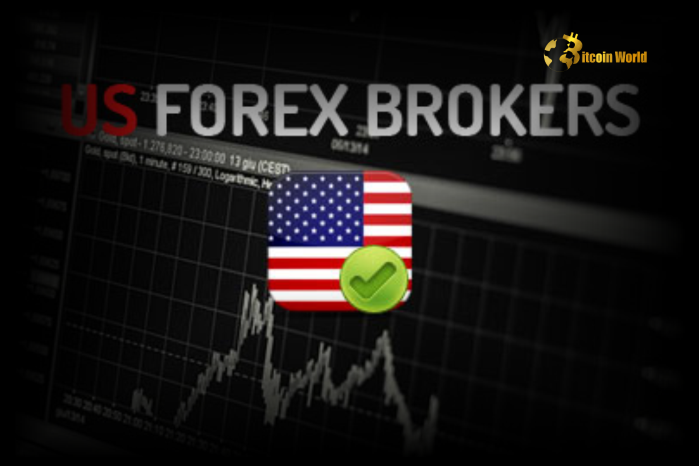Understanding Forex Taxation in the US
Understanding Forex Taxation in the US
Blog Article
A Beginner’s Guide to Forex Trading in America
Foreign trade, or Forex trading, brings countless individuals in the United States every year. Its absolute size and liquidity make it one of the very most appealing areas globally. Nevertheless, trading forex us. takes a special and rigid method of regulating Forex activities. If you're trying to industry currencies or just desire to know the way legal frameworks form the Forex industry, understanding these rules is crucial.

Essential Appropriate Frameworks Surrounding Forex in the US
Forex regulation in the United Claims is distinguishable due to its complete chance controls and customer protections. Two major government bodies oversee many Forex actions:
• Product Futures Trading Commission (CFTC)
• National Futures Association (NFA)
The CFTC, developed in 1974, is tasked with regulating the futures and possibilities markets, foreign exchange included. The NFA, as a self-regulatory firm, works tightly with the CFTC to enforce principles and maintain fairness in trading practices.
Enrollment and Submission
Every Forex dealer or broker using the services of U.S. residents must register with both the CFTC and NFA. These entities are also required to stick to rigorous functional requirements, including:
• Minimal internet capital requirements (often greater than in different countries)
• Ongoing audits
• Strong anti-money laundering (AML) procedures
• Transparent chance disclosure
Violations can lead to large fines or a lasting ban from the market. This regulatory framework aims to prevent fraud, defend investors, and increase industry integrity.
Key Limitations on Forex Activities
Foundational defenses impact how Forex works in the U.S.:
• Control limits: The NFA sets a optimum control of 50:1 for key currency couples and 20:1 for minors. That is far less than many world wide markets, supporting protect new traders from substantial losses.
• Segregation of funds: U.S. law requires that customer resources are held split up from broker functional funds. That measure safeguards traders in case a broker becomes insolvent.
• Advertising and disclosure: Firms should obviously describe risks, expenses, and trading systems to clients. Unreliable or aggressive solicitation practices experience strict penalties.
Enforcement and Penalties
U.S. agencies often check for fraudulent schemes, insider trading, and illicit market manipulation. Statistical data from enforcement reports reveals a regular structure of penalties and settlements in recent years, showing ongoing vigilance. That environment, while stricter than most areas of the world, produces a better playing area for retail and institutional traders alike.
What to Contemplate as a US Forex Trader
Recent developments reveal a continuous increase in regulatory measures, an emphasis on consumer knowledge, and constant updates to submission requirements. If you plan to deal Forex in the U.S., it's essential to:
• Verify a broker's productive enrollment position
• Stay current with regulatory changes
• Review chance disclosures before generally making trades
This method diminishes unforeseen losses and enhances your prospects in a tightly managed but robust marketplace. By understanding legal rules, U.S. traders can confidently be involved in the Forex market while staying within the parameters of the law.
Report this page